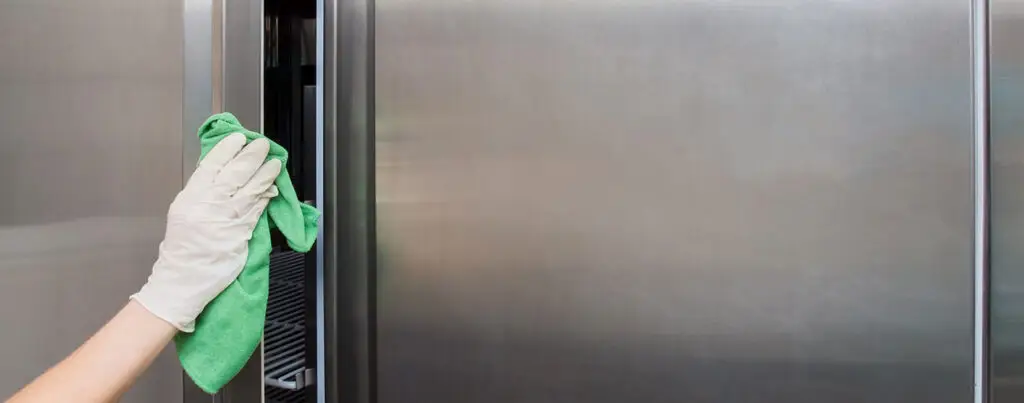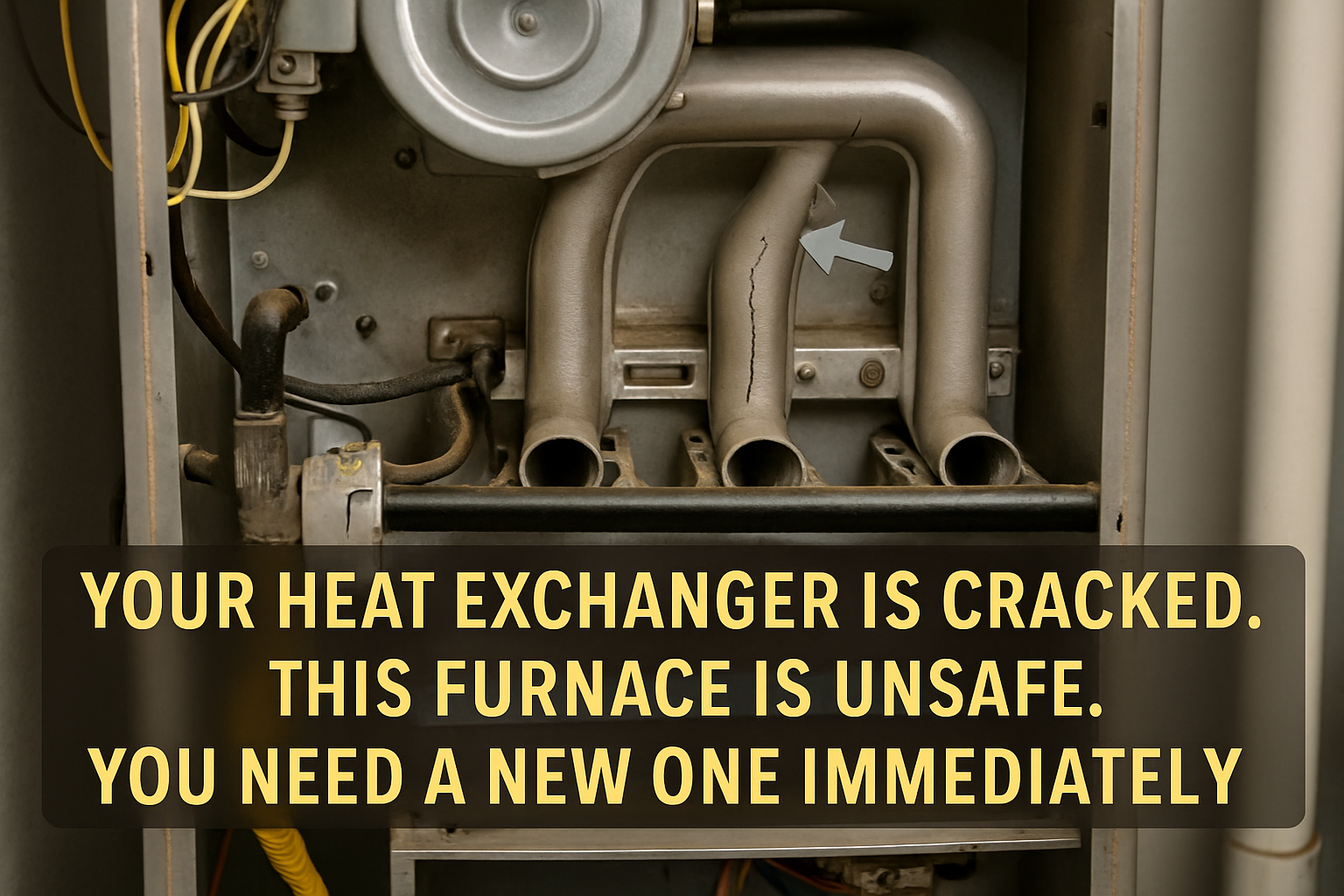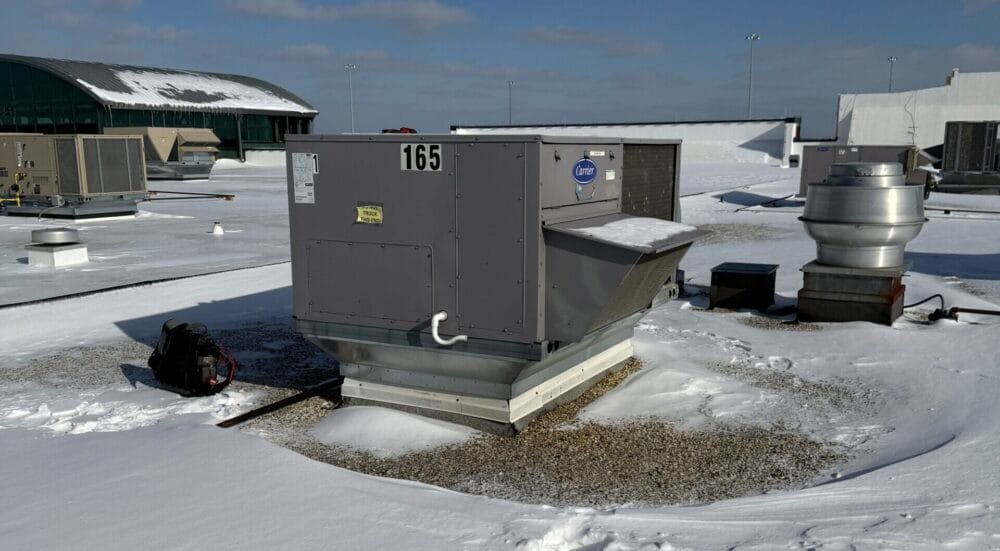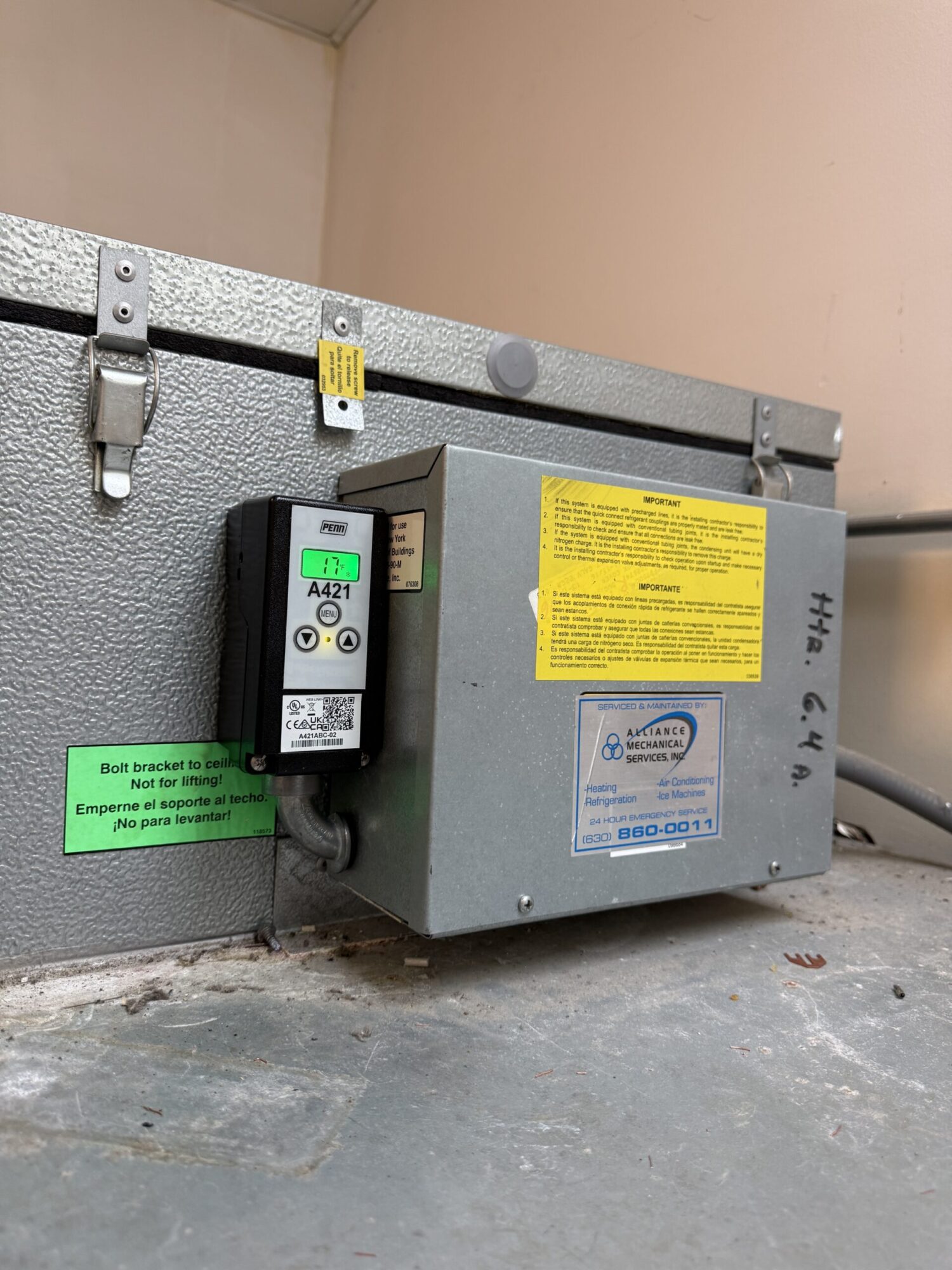Regular cleaning of refrigeration units is crucial for ensuring optimal performance, longevity, and energy efficiency. Neglecting this essential maintenance task can lead to costly repairs, reduced cooling capacity, and increased energy consumption. In this article, we will explore the importance of regular refrigeration cleaning, highlight refrigeration unit maintenance tips, and provide insights into the benefits of regular fridge cleaning. By the end, you will understand how to clean refrigeration units effectively and implement preventative maintenance for refrigeration systems.

Why Regular Cleaning Matters for Refrigeration Units
Prevent Equipment Failure and Extend Lifespan
One of the primary benefits of regular fridge cleaning is the prevention of unexpected breakdowns. Over time, dust, grease, and debris accumulate in and around refrigeration components, causing the system to overwork. This strain can lead to component failure, reducing the overall lifespan of the equipment.
By incorporating preventative maintenance for refrigeration systems, you can avoid premature equipment failure and extend the lifespan of refrigeration equipment. For more insights, read our guide on preventative commercial refrigerator maintenance tips.
Improve Energy Efficiency
Energy efficiency through regular cleaning is another critical factor. Dirty coils and clogged air filters force refrigeration units to work harder, leading to increased energy consumption. By cleaning commercial refrigeration units regularly, businesses can maintain energy-efficient performance, resulting in lower utility bills.
Why is regular cleaning important for refrigeration units?
Regular cleaning of refrigeration units helps prevent unexpected breakdowns, extends the lifespan of the equipment, improves energy efficiency, and ensures food safety and hygiene.
What are the key areas to focus on when cleaning a refrigeration unit?
The key areas include condenser and evaporator coils, door seals and gaskets, drain lines and pans, and fans and air vents.
How often should I clean the coils and check the door seals of my refrigeration units?
Condenser and evaporator coils should be cleaned at least every three months, and door seals should be inspected monthly for wear and tear.
What are the benefits of professional maintenance for refrigeration systems?
Professional maintenance provides comprehensive system diagnostics, advanced cleaning tools, and early detection of potential problems, ensuring optimal performance and longevity.
What common mistakes should I avoid when cleaning refrigeration units?
Avoid skipping coil cleaning, neglecting door seal damage, and using harsh chemicals that could damage the components.
Our article on understanding energy efficiency in commercial refrigeration delves deeper into this topic, offering valuable insights on how maintenance improves energy conservation.
Ensure Food Safety and Hygiene
Commercial refrigeration units play a vital role in preserving perishable goods. Poorly maintained units can harbor bacteria, mold, and other contaminants, compromising food safety. Regular cleaning ensures that food remains fresh and safe for consumption, minimizing health risks and ensuring compliance with hygiene regulations.
Key Areas to Focus on During Cleaning
1. Condenser and Evaporator Coils
The condenser and evaporator coils are critical to the refrigeration process. These coils are prone to dust and debris buildup, which can reduce heat exchange efficiency.
How to Clean Refrigeration Units (Coils):
- Turn off the power to the unit.
- Use a coil brush or vacuum to remove loose dirt.
- Apply a commercial coil cleaner and rinse thoroughly.
- Repeat this process at least every three months.
2. Door Seals and Gaskets
Door seals are essential for maintaining the internal temperature of refrigeration units. Damaged or dirty gaskets allow warm air to enter, causing the unit to work harder.
Maintenance Tips:
- Inspect door seals monthly for wear and tear.
- Clean gaskets with warm, soapy water.
- Replace worn seals promptly to ensure an airtight fit.
For more on troubleshooting refrigeration issues, check out our guide on common issues with commercial refrigerators.
3. Drain Lines and Pans
Clogged drain lines can cause water leaks and mold growth. Regularly flushing drain lines prevents blockages and ensures efficient water removal.
Cleaning Steps:
- Remove debris from the drain pan.
- Use a mixture of warm water and vinegar to flush the drain lines.
- Inspect for leaks or signs of mold.
4. Fans and Air Vents
Proper airflow is essential for refrigeration efficiency. Dust accumulation on fans and vents can restrict airflow, reducing cooling performance.
Best Practices for Cleaning:
- Wipe down fan blades with a damp cloth.
- Vacuum air vents to remove dust.
- Ensure fans operate without obstruction.
Scheduling Regular Maintenance
To keep your refrigeration units in top condition, it’s essential to develop a consistent cleaning schedule. This not only prevents malfunctions but also enhances overall system efficiency.
Suggested Cleaning Frequency:
- Weekly: Basic surface cleaning, door seals, and vents.
- Monthly: Inspect and clean drain lines and fan components.
- Quarterly: Deep clean condenser coils and perform full system checks.
If you require professional assistance, consider reaching out to our commercial refrigeration repair services for expert support.
Benefits of Professional Cleaning and Maintenance
While routine in-house cleaning is essential, professional maintenance offers added assurance. Technicians can detect underlying issues that may go unnoticed during regular cleaning.
Key Advantages:
- Comprehensive system diagnostics.
- Advanced tools for deep cleaning.
- Early detection of potential problems.
For specialized maintenance, check out our services for walk-in cooler repair and commercial refrigeration maintenance.
Avoiding Common Cleaning Mistakes
Skipping Coil Cleaning
Many businesses overlook coil cleaning, leading to reduced efficiency and higher energy costs. Consistent coil cleaning is essential for maintaining optimal performance.
Ignoring Door Seal Damage
Even minor damage to door seals can compromise the refrigeration unit’s efficiency. Regular inspections and prompt replacements are crucial.
Using Harsh Chemicals
Avoid using harsh chemicals that may damage refrigeration components. Opt for gentle, non-abrasive cleaners specifically designed for refrigeration systems.
Conclusion
The importance of regular refrigeration cleaning cannot be overstated. From preventing equipment failure and extending lifespan to improving energy efficiency and ensuring food safety, routine cleaning offers numerous benefits. By implementing refrigeration unit maintenance tips and adhering to commercial fridge cleaning best practices, businesses can safeguard their investments and enhance operational efficiency.
For further guidance on maintaining your refrigeration units, explore our detailed resources on commercial refrigeration maintenance and stay informed about the early signs your refrigerator needs servicing.



